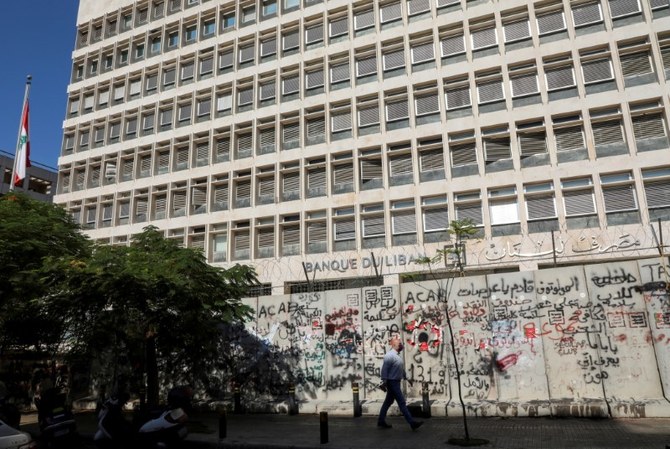Syria's President Bashar al-Assad meets with United Arab Emirates Foreign minister, Syria's President Bashar al-Assad meets with United Arab Emirates Foreign Minister
BEIRUT (Reuters) -The United Arab Emirates foreign minister met President Bashar al-Assad in Damascus on Tuesday, a sign of improving ties between Assad and a U.S.-allied Arab state that once supported rebels trying to overthrow him. Foreign Minister Sheikh Abdullah bin Zayed is the most senior Emirati dignitary to visit Syria in the decade since the eruption of a civil war in which several Arab states backed mainly Sunni Muslim insurgents against Assad. Washington, which opposes efforts to normalise ties with Assad or rehabilitate him until progress is made towards a political solution to the conflict, said it was concerned about the move by its ally the UAE.
The foreign minister led a delegation of senior Emirati officials that discussed bilateral relations and cooperation in a meeting with Syrian counterparts, a statement by the Syrian presidency said. The participants discussed exploring "new horizons for this cooperation, especially in vital sectors in order to strengthen investment partnerships in these sectors”, the statement said. Sheikh Abdullah underlined in his meeting with Assad "UAE's keenness on the security, stability and unity of Syria," UAE's state news agency WAM said. He also stressed the "UAE's support for all efforts made to end the Syrian crisis, consolidate stability in the country, and meet the aspirations of the brotherly Syrian people," WAM reported.
by english.alaraby.co.uk — — Lebanese comedian Hussein Kaouk has fallen prey to an online harassment campaign on Saturday and Sunday, led by …

by Najia Houssari arabnews.com -- BEIRUT: Lebanese banks are quietly letting employees go as they seek to close branches and reduce operational costs amid the collapse of the local currency, the Lebanese pound. It comes after the country’s central bank tightened regulations against commercial banks. While some are downsizing domestically, other banks are opting to sell assets abroad. The number of branches estimated to have closed ranges between 300 and 400 out of a total 1,100. Employees and contractors have been the first to feel the effects of the decisions. George Al-Hajj, president of the Federation of Syndicates of Bank Employees, said that 2021 has been “very hard” for bank employees in Lebanon, adding: “Although no statistics have been conducted to show the exact number of laid-off employees, their number does not exceed 4,500.” But more bank workers are expected to be dismissed in the near future. “We are in the middle of the storm, and the crisis will persist until Lebanon reaches an agreement with the International Monetary Fund on the restructuring process of the banking sector,” said Al-Hajj.
The number of employees of the banking sector in 2018 was estimated to be about 26,000, working for 61 banks. Since 2019, the sector has lost more than 17 percent of its workforce. Dr. Jassem Ajaka, an economic and strategic expert, warned that “up to 50 percent of bank employees will be laid off.” He told Arab News: “After the deterioration of the economic situation and the suspension of banking activities due to the decision to block financial transfers, the banking sector is no longer making profits. “Banks are not charities, and the reality is hard for everyone.” “The banking sector’s employees constitute a very important share of the middle class in Lebanon and eradicating this group from the economy will further harm Lebanese society.” Al-Hajj said: “In 2019, the federation saw this crisis coming and urged banks seeking to fire employees to inform the Ministry of Labor of their intentions. Some banks did, but others did not, and thus we do not know the exact number of laid-off employees.” He added: “The banks’ excuses for mass lay-offs were many: Sometimes it was because the bank was applying an early retirement system, sometimes it was a resignation at a request from the administration, and other times it was the termination of contracts due to economic reasons.”
by politico.com — Iraqi Prime Minister Mustafa al-Kadhimi has said he escaped unhurt after a drone attack on his home inside Baghdad’s …
Khazen History


Historical Feature:
Churches and Monasteries of the Khazen family

St. Anthony of Padua Church in Ballouneh
Mar Abda Church in Bakaatit Kanaan
Saint Michael Church in Bkaatouta
Saint Therese Church in Qolayaat
Saint Simeon Stylites (مار سمعان العامودي) Church In Ajaltoun
Virgin Mary Church (سيدة المعونات) in Sheilé
Assumption of Mary Church in Ballouneh
1 - The sword of the Maronite Prince
2 - LES KHAZEN CONSULS DE FRANCE
3 - LES MARONITES & LES KHAZEN
4 - LES MAAN & LES KHAZEN
5 - ORIGINE DE LA FAMILLE
Population Movements to Keserwan - The Khazens and The Maans
ما جاء عن الثورة في المقاطعة الكسروانية
ثورة أهالي كسروان على المشايخ الخوازنة وأسبابها
Origins of the "Prince of Maronite" Title
Growing diversity: the Khazin sheiks and the clergy in the first decades of the 18th century
Historical Members:
Barbar Beik El Khazen [English]
Patriach Toubia Kaiss El Khazen(Biography & Life Part1 Part2) (Arabic)
Patriach Youssef Dargham El Khazen (Cont'd)
Cheikh Bishara Jafal El Khazen
Patriarch Youssef Raji El Khazen
The Martyrs Cheikh Philippe & Cheikh Farid El Khazen
Cheikh Nawfal El Khazen (Consul De France)
Cheikh Hossun El Khazen (Consul De France)
Cheikh Abou-Nawfal El Khazen (Consul De France)
Cheikh Francis Abee Nader & his son Yousef
Cheikh Abou-Kanso El Khazen (Consul De France)
Cheikh Abou Nader El Khazen
Cheikh Chafic El Khazen
Cheikh Keserwan El Khazen
Cheikh Serhal El Khazen [English]
Cheikh Rafiq El Khazen [English]
Cheikh Hanna El Khazen
Cheikha Arzi El Khazen
Marie El Khazen